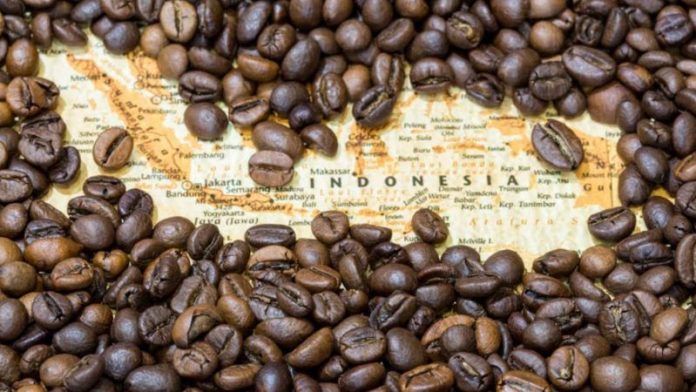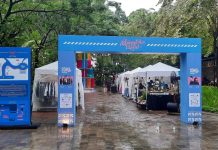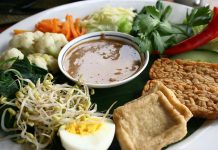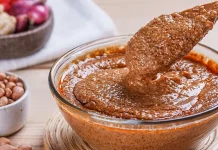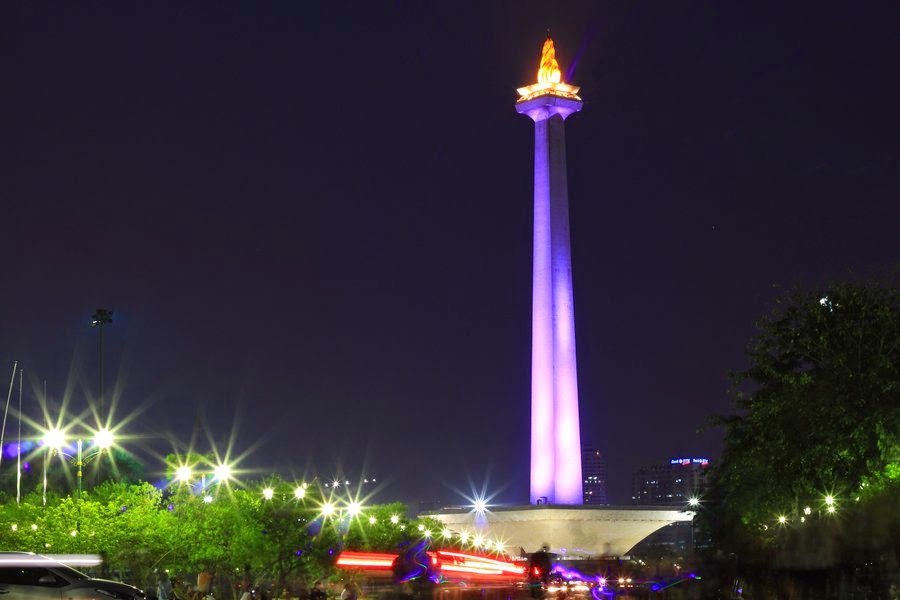Indonesia’s relationship with coffee runs deep—deeper than just the morning ritual or the 3 PM slump remedy. Here, kopi is woven into the culture, the history, and the very soil of the archipelago. As a devoted coffee enthusiast, I’ve tasted beans from Sumatra’s misty mountains to the volcanic slopes of Flores. And let me tell you—Indonesia’s kopi is not just good, it’s world-class.
 The Roots: Why Indonesian Coffee is Exceptional
The Roots: Why Indonesian Coffee is Exceptional
Indonesia is the fourth-largest coffee producer in the world, and it’s not by accident. Our islands sit snugly along the equator, blessed with rich volcanic soil, tropical rainfall, and highland altitudes—perfect conditions for cultivating Arabica and Robusta beans with distinct, complex flavor profiles.
But beyond terroir, it’s the traditional farming methods, regional processing techniques, and centuries of heritage that make Indonesian coffee a sensory journey.
Types of Kopi You Must Know
- Kopi Tubruk
This is the no-frills, all-flavor brew you’ll find in most homes and warung kopi (coffee stalls). It’s made by mixing coarse ground coffee with boiling water and sugar—no filters, no machines.
Flavor: Bold, gritty, full-bodied. Like espresso’s wild cousin.
- Kopi Susu
A sweet indulgence made with kopi tubruk and sweetened condensed milk. Served hot or iced, it’s creamy, nostalgic, and distinctly Jakarta.
Modern twist: Cafés now serve artisanal versions using oat milk or palm sugar syrup.
Where to try: Kopi Susu Tetangga at Toko Kopi Tuku is a must.
Perhaps the most controversial and misunderstood brew, kopi luwak is made from beans digested by civet cats. While its rarity and flavor intrigue many, ethical sourcing is key—only support farms where civets are free-roaming.
Flavor: Smooth, low-acid, chocolatey. Not necessarily better, but different.
Kopi by Island: A Regional Flavor Map
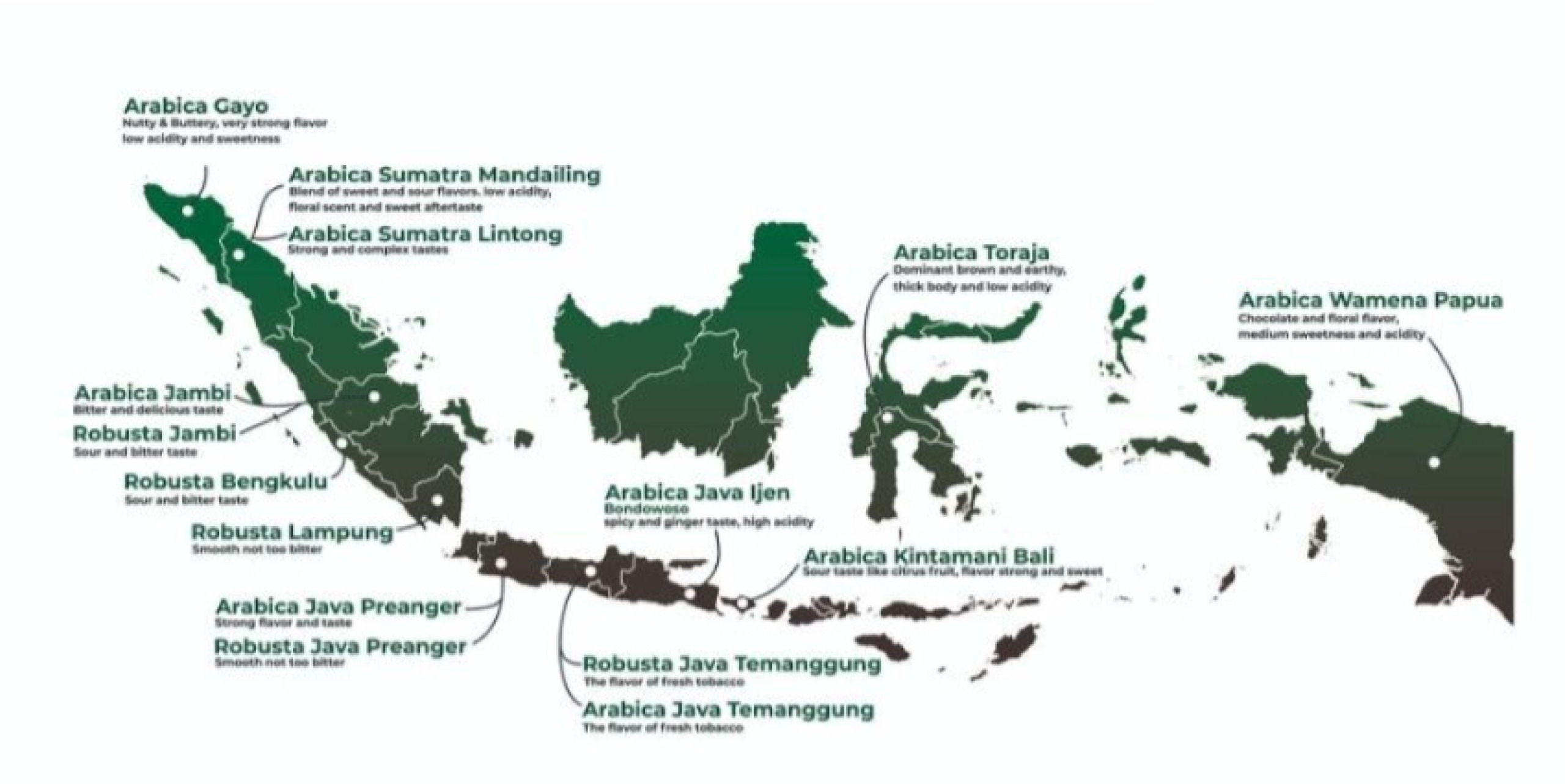 Sumatra – Gayo, Mandheling, Lintong
Sumatra – Gayo, Mandheling, Lintong
Profile: Earthy, spicy, syrupy body
Best for: Lovers of dark roast and low acidity
Fun fact: The traditional giling basah (wet-hulling) method gives Sumatran coffee its signature depth.
Sulawesi – Toraja
Profile: Herbal, cocoa-toned, clean finish
Best for: Sippers who appreciate complexity
Cultural note: Grown by indigenous Torajan communities with strong spiritual ties to the land.
Java – Kawi Sari, Jampit, Ijen
Profile: Balanced, medium-bodied, nutty
Best for: Everyday drinking with finesse
Try this: Kawi Sari Coffee, one of the few estates that manages the entire process from farm to roast.
Flores – Bajawa Highlands
Profile: Floral aroma, hints of citrus and caramel
Best for: Light roast fans
Processing style: Typically fully washed, giving it clarity and brightness.
Bali – Kintamani Region
Profile: Fruity acidity, soft body, subtle spice
Best for: Those who like Ethiopian-style flavor with a tropical twist
Where to go: Bali Pulina or Munduk Moding for farm tours with views.
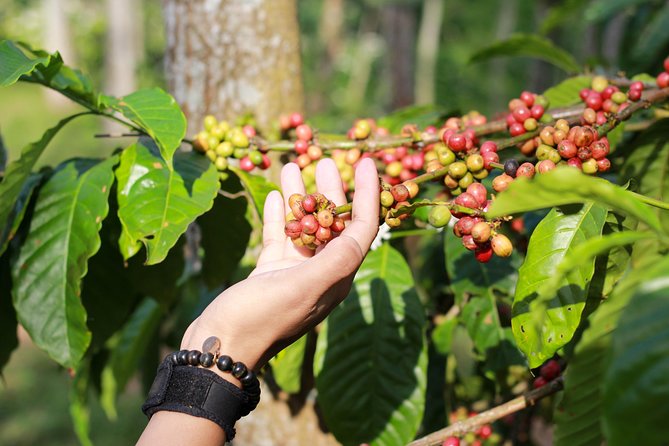 Discover Coffee Plantations in Indonesia >>
Discover Coffee Plantations in Indonesia >>
The Modern Kopi Scene
Indonesia’s coffee revolution is in full swing. In Jakarta, Bandung, Surabaya, and Bali, specialty cafés are championing local beans with third-wave brewing methods—from Chemex to AeroPress. Local roasters are finally getting the credit they deserve, and baristas are becoming artists in their own right.
Some of Jakarta’s best coffee shops:
- Giyanti Coffee Roastery (Menteng): Rich espresso, house-roasted magic
- Tanamera (Nationwide): Award-winning beans and consistent excellence
- Kopi Tuku (Cipete and beyond): The humble hero of the kopi susu revival
- Ombe Kofie (Pluit): No-fuss, flavor-first perfection
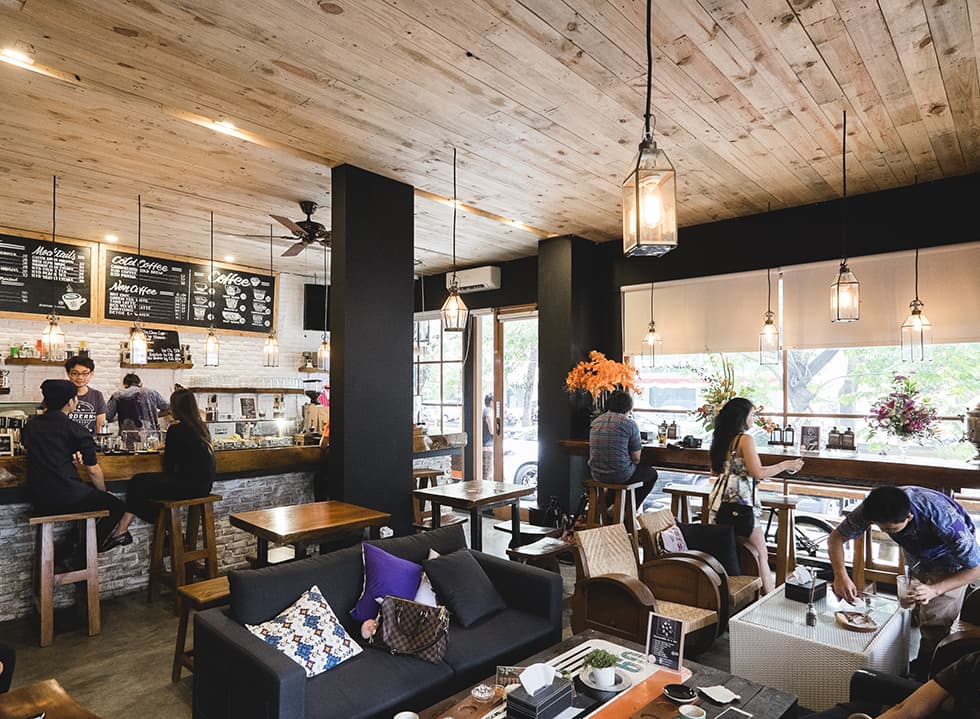 Kopi as Culture
Kopi as Culture
Kopi isn’t just about the cup—it’s the conversation. From elders playing chess in back alleys to startup founders sketching ideas over cold brews in Senopati, coffee is where connections happen.
In rural areas, offering a guest a cup of kopi is an act of hospitality. In urban spaces, it’s a creative fuel. And across all islands, it’s a point of pride.
Final Sip
Kopi in Indonesia is a flavorful fingerprint of the archipelago—bold, varied, deeply personal. It tells stories of land, labor, and love. Whether you’re sipping kopi tubruk in a warung or a single-origin V60 in a glass-walled café, remember: you’re tasting history, culture, and home.
Brew slow, sip thoughtfully, and fall in love with Indonesia’s kopi, one cup at a time.


